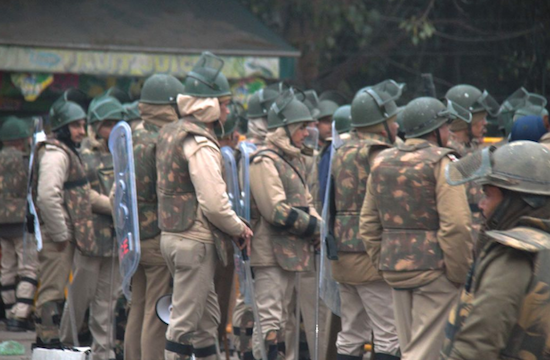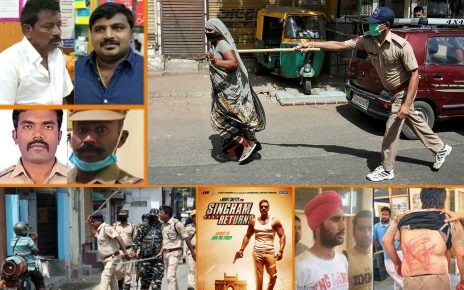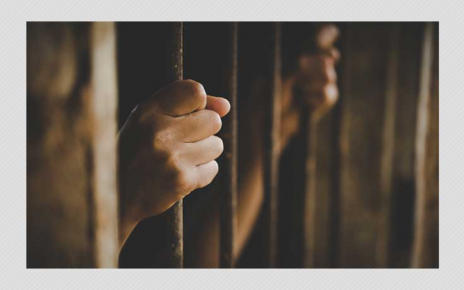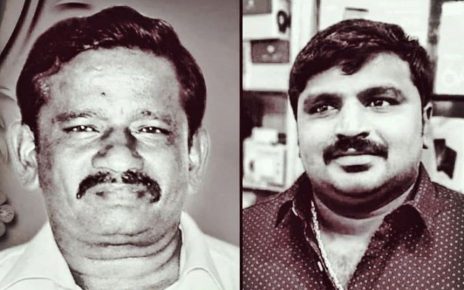UCA News
07 July 2020
By Bijay Kumar Minj
Church lawyer wants urgent action to stop the torture of marginalized people in judicial or police custody
India records an average of nearly five custodial deaths each day and most victims are from the Muslim, Dalit and tribal communities.
A report published by the National Campaign Against Torture (NCAT) released on June 26 said 1,731 persons died in custody in India during 2019. Of those, 1,606 died in judicial custody and 125 died in police custody.
The number was worse in 2018 with 1,966 deaths, but NCAT said the figures do not reflect the extent and incidents of custodial deaths and torture in the country.
“The report is alarming and civil society and the government must urgently address it at a war footing pace or the poor and downtrodden will continue to suffer,” Father Nicholas Barla, secretary of the Indian bishops’ Commission for Tribal Affairs, told UCA News.
Father Barla, also a lawyer, said the main reason for custodial deaths among Dalits, Muslims and tribal people is a lack of knowledge about the law that leaves them vulnerable to people with influence.
“Police are hardly challenged or questioned as per the law, which is very unfortunate,” he said. “If you go to any police station or jail, you will find most of the arrested or accused are poor and marginalized people who can’t afford a lawyer and are ignorant of the law.”
NCAT director Paritosh Chakma said that out of the 125 deaths in police custody reported in 2019, 75 victims or 60 percent belonged to poor and marginalized communities.
Most deaths were in Uttar Pradesh with 14, followed by Tamil Nadu and Punjab with 11 each and Bihar with 10.
Chakma said victims were picked up for petty crimes such as theft, burglary, cheating and gambling, indicating their economic status.
Methods of torture included hammering iron nails into bodies, hitting private parts, applying chili powder to private parts, urinating in mouths and forcing victims to perform oral sex, Chakma said.
NCAT highlighted that in many cases the police attempted to destroy evidence of torture by not conducting post-mortems. Bodies of torture victims were often quickly cremated.
Franklin Caesar Thomas, founder of the National Council of Dalit Christians, told UCA News that “it is nothing new because Dalits, Muslims and tribals are subject to discrimination and suppressed.”
The situation will not change if they are not taught about their rights, he warned.
“They are tortured and suppressed in jail or police custody because they are easy targets who will not revolt due to their socioeconomic conditions. There are several cases when they were forced to sign a document where they admitted a crime they did not do,” said Thomas, a Supreme Court lawyer.
“The best way to save them from these difficulties is to teach them about the law but it will take all-round efforts from civil society and the government.”
Muhammad Arif, chairman of the Center for Harmony and Peace, said that when a crime is committed, only the names of Dalits, Muslims or tribal people appear. “Does it mean that people from other communities do not commit any crime?” he asked
Arif said authorities know very well that it is easy to target the marginalized because they can’t retaliate due to the lack of finances or back-up from their own communities.
Two Christian men died in the southern state of Tamil Nadu last month after allegedly being tortured by police.
Rights groups are urging India to introduce a law against custodial torture and to end impunity for perpetrators.




